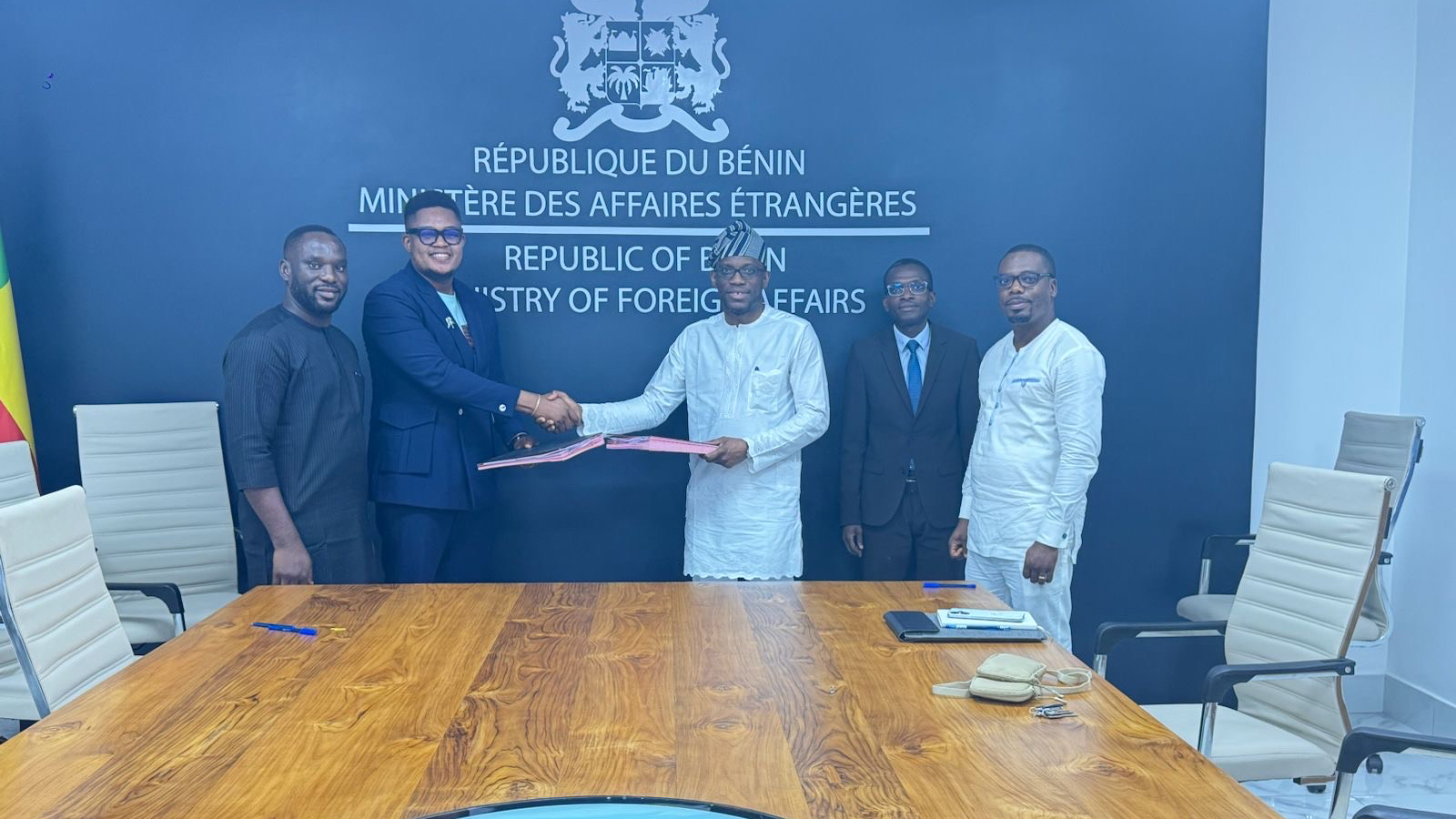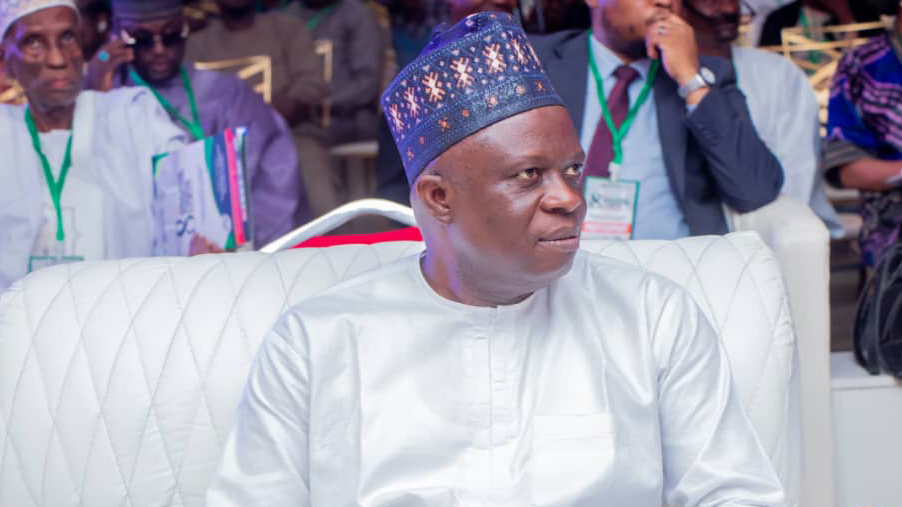
Air transport fares in Nigeria and other African countries have been identified as some of the most expensive in the world; sometimes as high as 45 per cent when compared with other regions.
Experts and stakeholders, who spoke at the Aviation Day session of 14th African Travel Market 2018, in Lagos, Tuesday, were unanimous that it is now easier to travel within Africa than before, but the cost is still far higher than in other places.
They said until impediments like government’s protectionist policies, poor connectivity and infrastructure are addressed head on, the high fares would continue to stifle the growth of aviation industry on the continent.
By mutual consent, the African countries have airspace liberalisation policy in the Yamoussoukro agreement of year 2000. But in reality, the countries are more distant from each other than they are from their European counterparts.
Vice President of the International Air Transport Association (IATA) Africa, Funke Adeyemi, said the cost of travelling within Africa remains higher, compared to crisscrossing continents, mainly because of the refusal of sovereign states to implement the open sky. Adeyemi noted that the continent is indeed large, given its land mass area. So, for instance, it takes about eight hours to travel from Johannesburg in South Africa to Dakar in Senegal. Meanwhile, it is just six hours to fly from Lagos to London.
Despite distance barrier, the situation is further worsen by African states refusing to open their airspaces to African neighbours, she said.“These states are all sovereign with rights to freely negotiate with airlines that they want in their countries and how many times. But, the West and Central Africa are the most notorious when it comes to poor connectivity within the continent. So, we see that it 45 per cent more expensive to fly across Africa than it is in any other parts of the world,” Adeyemi said
The IATA Vice President added that they were already trying to make governments understand the value of aviation and the fact that aviation is not an elitist luxury good. ”The world aviation statistics just released by IATA showed that over 4.1 billion people now travel by air. That is over half of the world population on mass transit. Aviation is supposed to be doing that job for us in Africa, as it is doing in India and China.
“But here, our governments are imposing several taxes and charges on aviation because it is easier to collect as a more organised industry and the fact that we are seen as elitist. ‘What is the big deal in adding a $10 on each ticket?’ But the big deal is that the increment determines who can fly and those that cannot. If you make it a disincentive for people to fly, then the industry will not grow,” she said.
Adeyemisaid further that though the challenges are daunting in Africa, but the governments and airlines should not forget the enormous opportunities that abound in the Single African Air Transport Market (SAATM), designed for African airlines to implement open sky and integrate Africa.Chairman, National Association of Nigeria Travel Agencies’BoardofTrustees (BOT), Steve Isokari, blamed the expensive airfares on high cost of operation in Africa, especially due to poor infrastructure at airports.
Isokari said in Nigeria, for instance, about 50 per cent of the ticket fares goes to the airlines, while the rest are for sundry taxes and charges.”Yet, these are the airports that do not have modern infrastructure in place, causing airlines to spend more for safe and secured operations. The truth is that it is almost impossible for the airlines to survive here.
“Flying from Accra in Ghana is sometimes $1000 cheaper than from Nigeria. It is a lot easier for airlines to operate from Ghana and less expensive than from here, and the airlines have to push the cost to passengers. For me, the private sector should take over the operation of our airports for efficiency and better cost of operations,” he said.
Former Managing Director of Federal Airports Authority of Nigeria (FAAN), Richard Aisuebeogun, on his part, said it has never been a pleasant experience travelling between African countries.Until 2017, he said, travelling from Lagos to Bamako, Mali, never had a direct flight, hence, travellers had to first go to Paris, France, then back to Bamako. That way, the journey of four and a half hours became 24 hours to travel.Aisuebeogun said the penchant among African countries to guard their market remains a problem and until they open up, connectivity would continue to remain a challenge.
He agreed with earlier speakers that SAATM is the way to go for African countries and the airlines, citing the example of Ethiopian Airlines that currently flies to at least one-third of international airports on the continent.He also appealed to African governments to upgrade their airports for modern efficient services, saying airlines are only attracted to good airport infrastructure that enables seamless passenger facilitation.
[ad unit=2]






